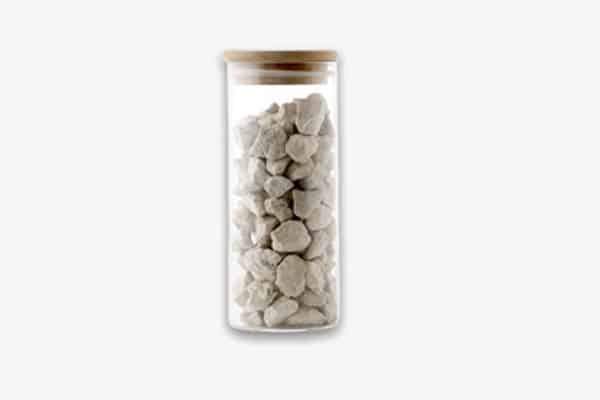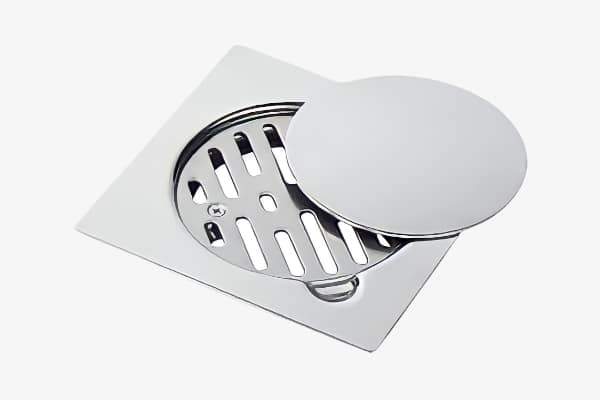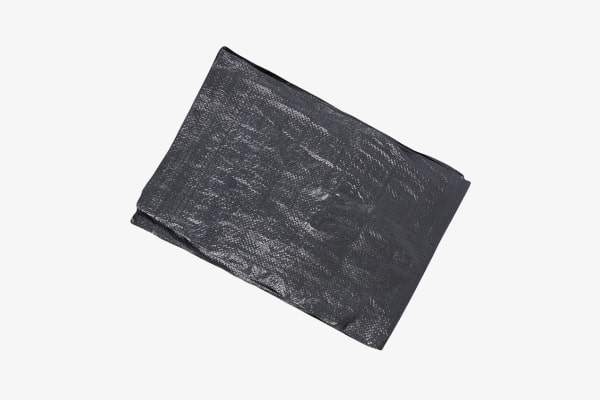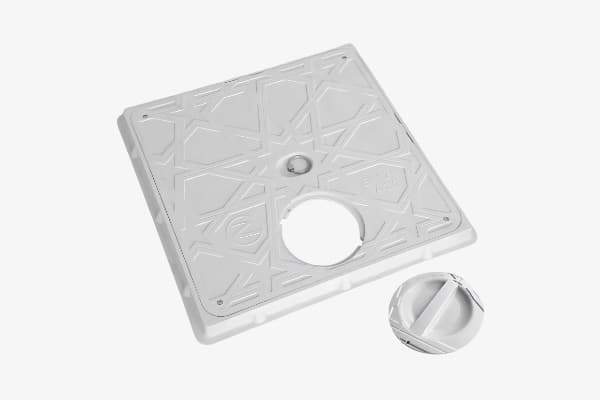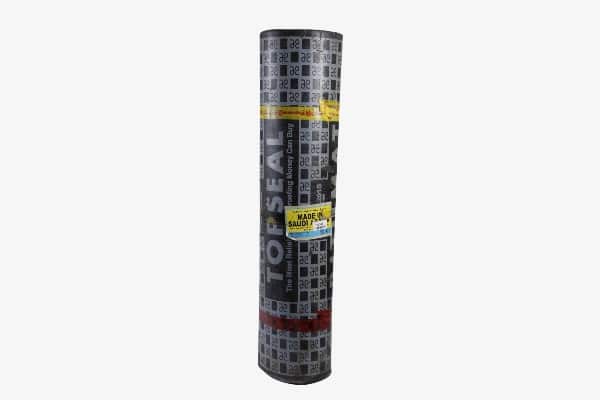3/4 Aggregate (Bahs 3/4)
Overview
3/4 aggregate, commonly known as “Bahs 3/4,” is a medium-sized crushed stone material widely used in construction and infrastructure projects. It is produced by crushing larger rocks into uniform 3/4-inch particles, making it ideal for structural applications such as concrete production, road bases, and drainage solutions. Its high strength and durability make it a crucial component in modern construction.
Why You Should Use It?
- High Load-Bearing Capacity: Supports heavy loads, making it perfect for road foundations.
- Excellent Drainage Properties: Prevents water retention in construction projects.
- Ideal for Concrete Mixing: Enhances the durability and stability of concrete structures.
- Long-Lasting Material: Resistant to weathering and erosion.
- Versatile Usage: Used in roads, landscaping, and retaining walls.
Key Features
| Property | Description |
|---|---|
| Particle Size | 19 mm (3/4 inch) |
| Color | Grey, white, or mixed |
| Material Composition | Crushed limestone, granite, or basalt |
| Texture | Coarse and angular |
| Moisture Content | Low to moderate, depending on storage conditions |
Uses
- Concrete Production: Enhances the strength and stability of concrete.
- Road Base Construction: Provides a strong, compact foundation for highways and streets.
- Drainage Systems: Used in trenches and French drains for water filtration.
- Landscaping Projects: Applied in decorative stone work and garden pathways.
- Retaining Walls: Strengthens structures that prevent soil erosion.
Density & Composition
| Factor | Value |
|---|---|
| Bulk Density | 1400–1700 kg/m³ |
| Water Absorption | 0.5%–2.5%, varies with rock type |
| Crushing Strength | High resistance to mechanical stress |
Case Studies
- Highway Construction: Used in road bases to enhance durability and prevent cracking.
- Drainage Improvement: Applied in construction projects to manage water flow efficiently.
- Structural Foundations: Incorporated into reinforced concrete to improve load distribution.
Application Recommendations
- Layering: Spread evenly for maximum stability and compaction.
- Mixing with Cement: Combine with fine aggregates to achieve optimal concrete performance.
- Drainage Considerations: Ensure proper slope when used for water management.

